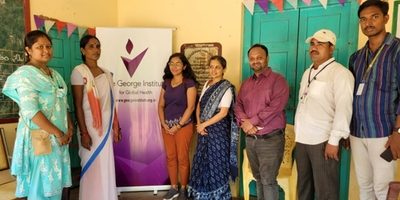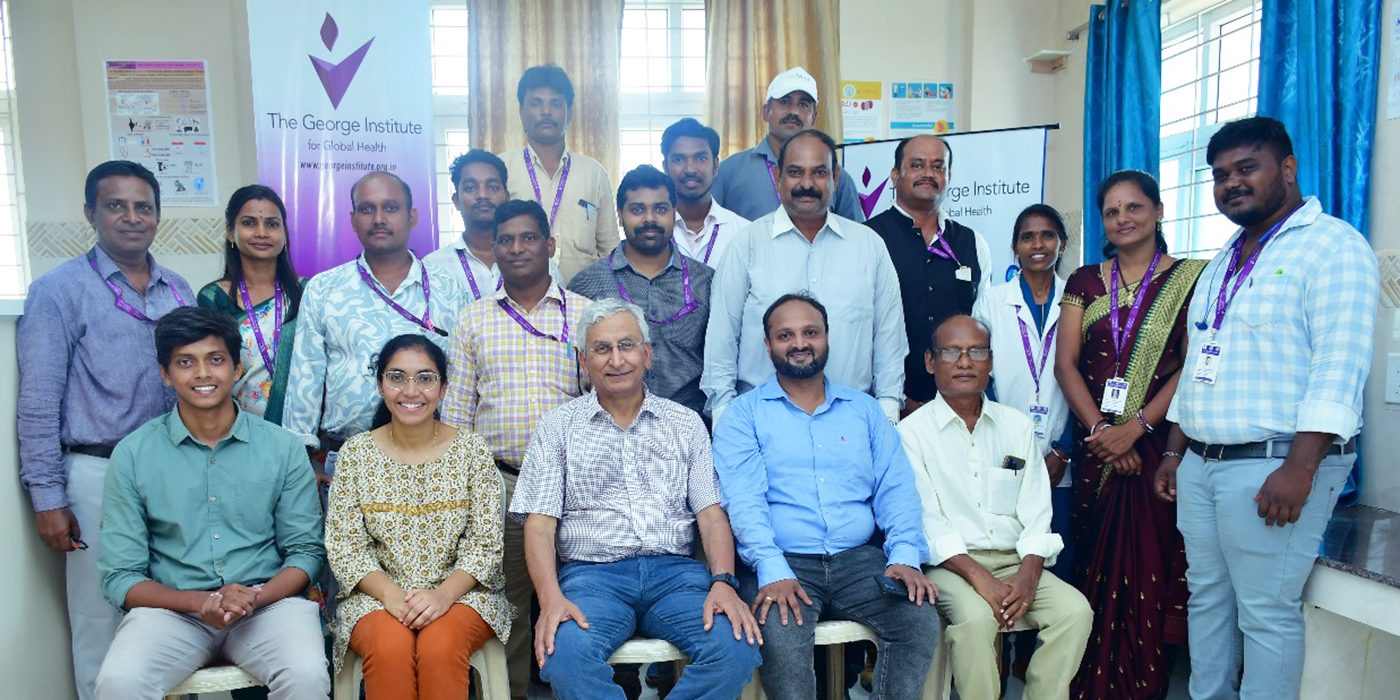
Field Visit to Uddanam: A Journey of Hope and Challenges in Tackling CKDu
Returning to Uddanam after almost three years was a long-overdue and highly anticipated visit for me as the Principal Investigator of the STOP-CKDu study. This trip was not only about reconnecting with the team but also about witnessing firsthand the progress and ongoing challenges in our fight against Chronic Kidney Disease of unknown etiology (CKDu).
The first noticeable change was the improved infrastructure. The highway from Vishakhapatnam Airport to Palasa is now six-lane, reducing travel time by almost one-third. Palasa itself has transformed from being a small 'kasba' to a regular town with busy roads lined with shops and people going about their business with a sense of purpose.
Our STOP-CKDu team has grown substantially over the past three years, embarking on several new projects. Getting out in the field, interacting with colleagues, and observing their expertise and enthusiasm was exciting. Their integration with the local communities is truly commendable.
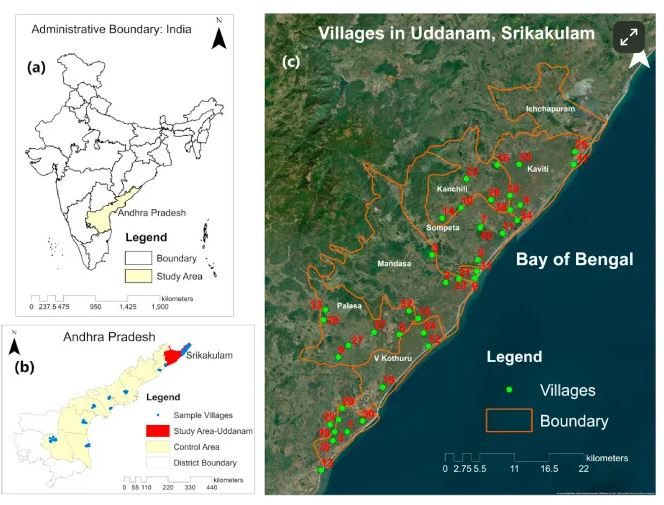
Improved Health Facilities (and Persistent Challenges)
One of the positive developments I noticed was the enhancement of facilities at primary health centers. Serum creatinine testing is now routinely available in the PHCs. However, the availability of essential medicines, which had also improved at one time, remains inconsistent. This forces healthcare providers to limit themselves to dispensing only the available medications rather than the appropriate ones, likely due to supply chain issues that need addressing at the distribution level.
Engaging with Healthcare Providers
I had an enriching two-hour session with the primary healthcare physicians. This young team is noticeably more aware of recent medical advances compared to those I met on my previous trips. Some of them are as knowledgeable as nephrology residents I interact with, highlighting our responsibility to support them.
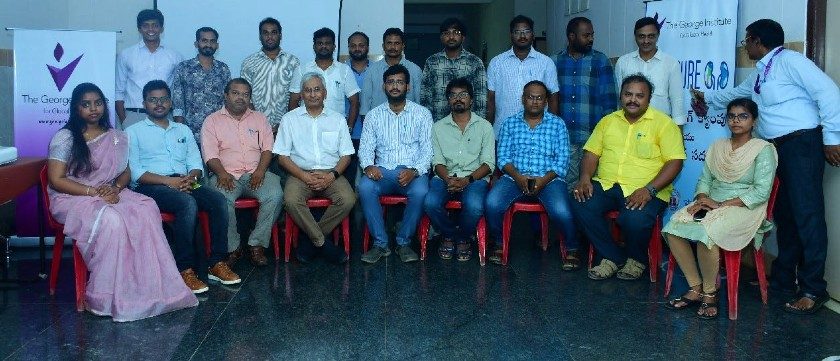
The health workers and field staff collecting data are clearly experts in their roles, though they sometimes face challenges with technology. Their dedication is crucial to our study's success
Community Perspectives and Heartbreaking Realities
Understanding the impact of CKDu on patients is complex. While it is difficult to assess how the prevalence of kidney disease may be changing, it is clear that awareness has increased. However, the community's responses are diverse and often heartbreaking.
The AP state government provides a subsidy, or 'pension' to patients with advanced kidney disease, presumably to help them meet out-of-pocket treatment expenses and compensate for loss of income. This well-meaning gesture has led to a strange situation where some individuals, despite being diagnosed, refuse treatment to let their kidney function deteriorate to a level that qualifies them for this pension. Clearly, this modest amount (increased recently by the newly elected government) means a lot to the poor rural population, and starkly illustrates the extent to which poverty can drive people to desperate measures.
Others avoid testing due to fear of being diagnosed with kidney disease, the attendant stigma, potential job loss, or adverse impact on marriage prospects.
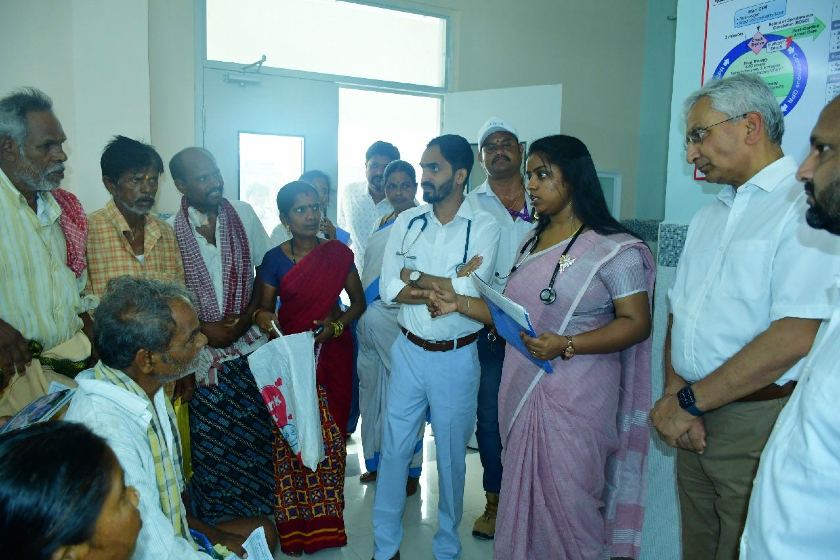
Meanwhile, many seek treatment from the private sector - mostly at Vishakhapattanam, and a review of these prescriptions reveals the rampant use of low-value, unproven therapies, perhaps influenced by the pharma industry, further straining patients' finances.
Political Support and Future Directions
I was also able to meet the two newly elected Members of the Legislative Assembly from the region. Dr Ashok Bendalam, a seasoned medical doctor represents Ichchapuram, and Ms Gouthu Sireesha is a first-time MLA from Palasa. Both showed high levels of empathy and compassion and seemed engaged and eager to to find solutions for the people's problems. Ms. Sireesha promptly visited the Super Specialty Hospital and Kidney Research Centre where we have been allocated space by the state government to set up a Counselling Centre and Research lab and to the delight of the team, inaugurated it. Their support, along with that of the District Medical Health officer, is vital for our program's success.
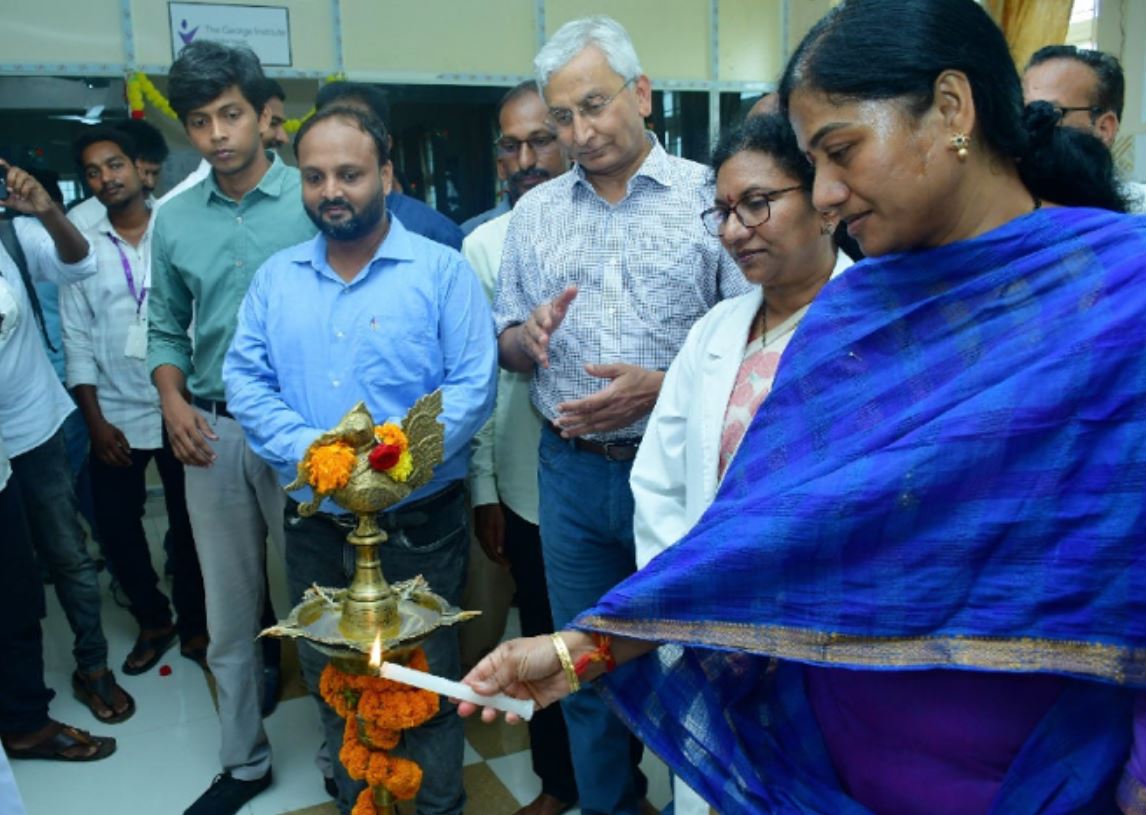
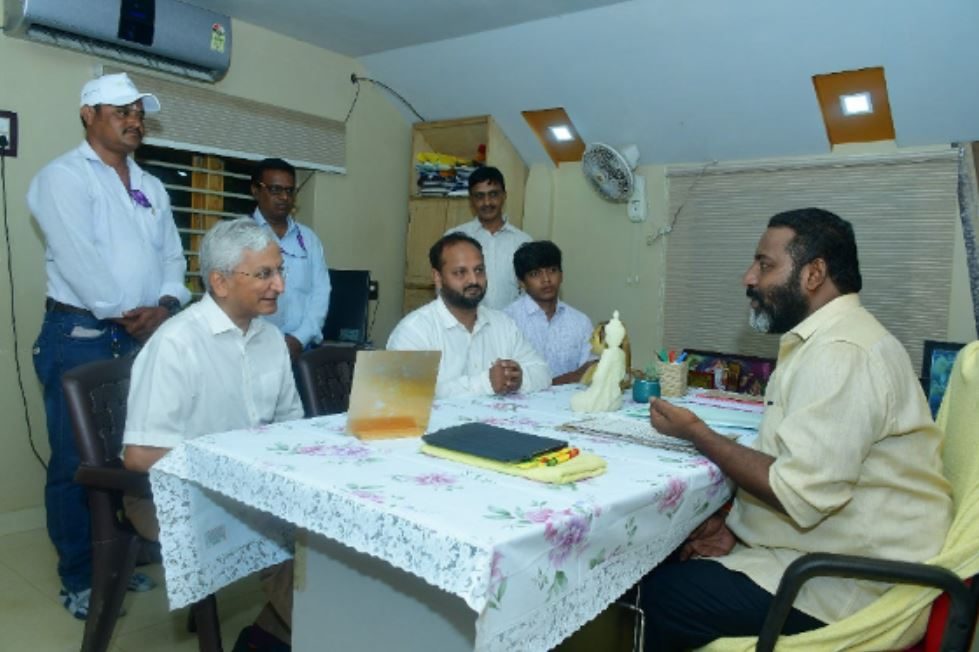
The Road Ahead
The two days flew by, filled with field visits to conduct screening for NCDs. The burden of undiagnosed diabetes, hypertension, and kidney disease in the region is indeed high. This visit reinforced my concern that we have only scratched the surface of the NCD epidemic. There is much more to uncover and address.
The supportive environment in Uddanam is as conducive as it can be for advancing our research. However, there is a significant responsibility on us to ensure that our work yields tangible outcomes for the community and does not remain merely an academic exercise.
In conclusion, my visit to Uddanam was a blend of hope and challenges. The progress made is heartening, but the road ahead is long and requires continued dedication and support. Together, with the community, healthcare providers, and policymakers, we are committed to making a difference in the fight against CKDu.
Stay tuned for more updates as we continue our journey towards understanding and mitigating CKDu in Uddanam.
The blog is written by Prof Vivekanand Jha, Executive Director, The George Institute for Global Health, India and originally published on Renal rounds. All photos courtesy Dr Balaji Gummidi




